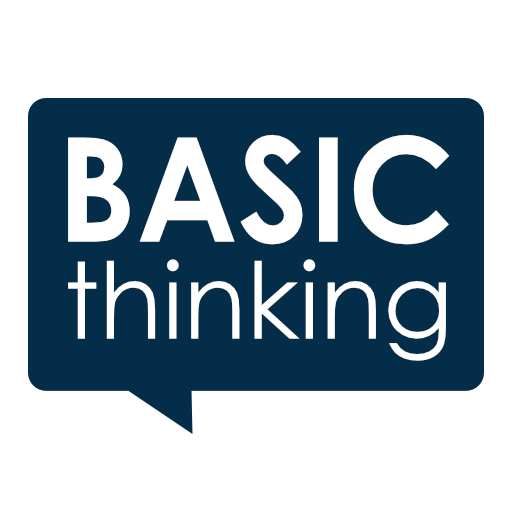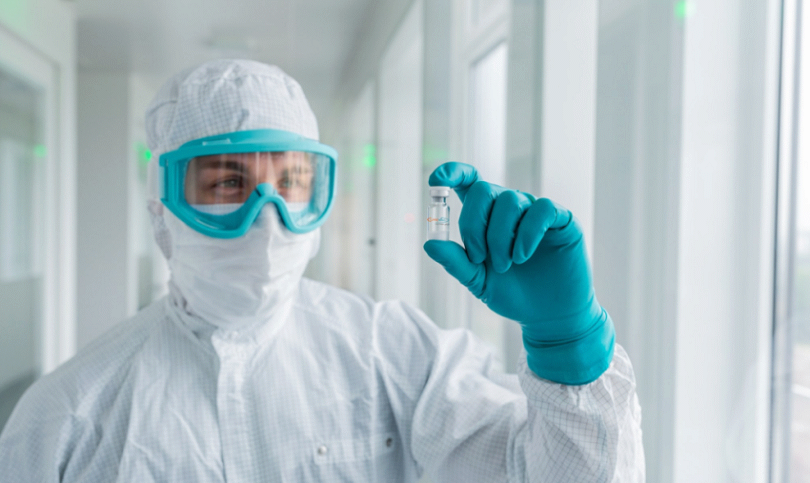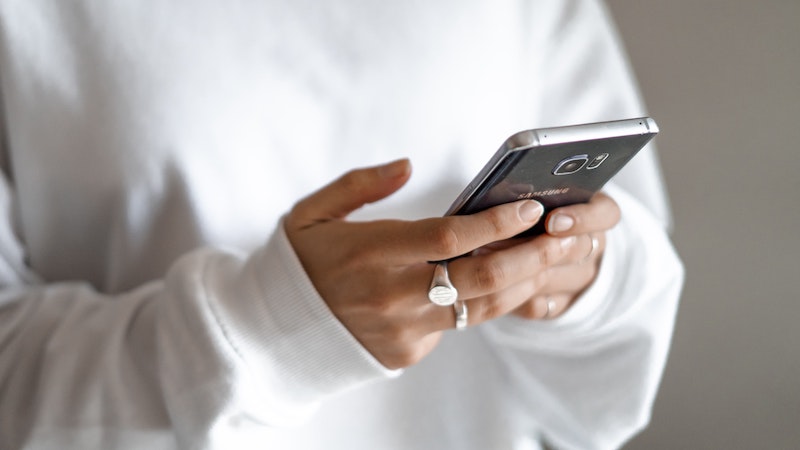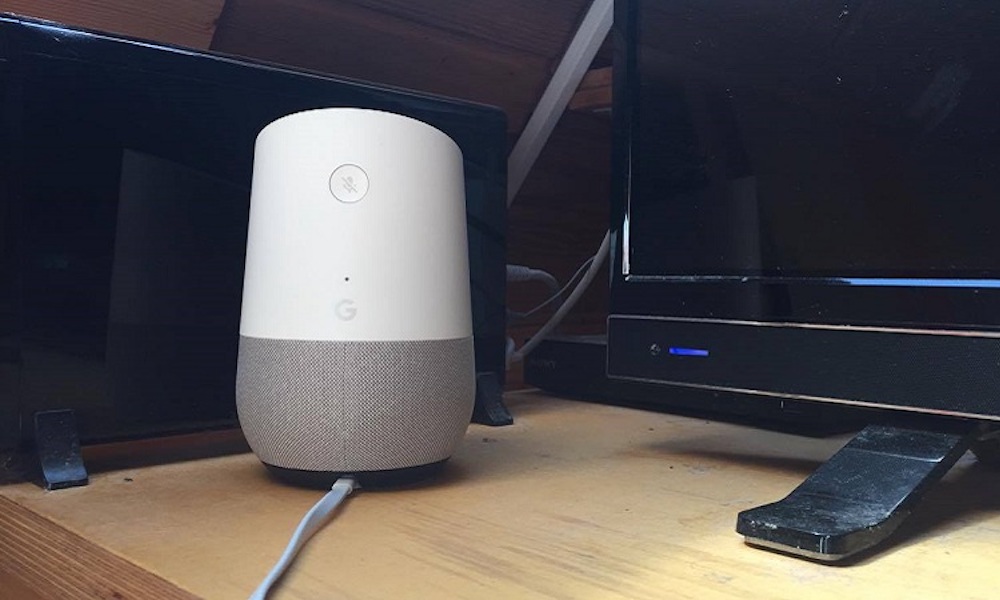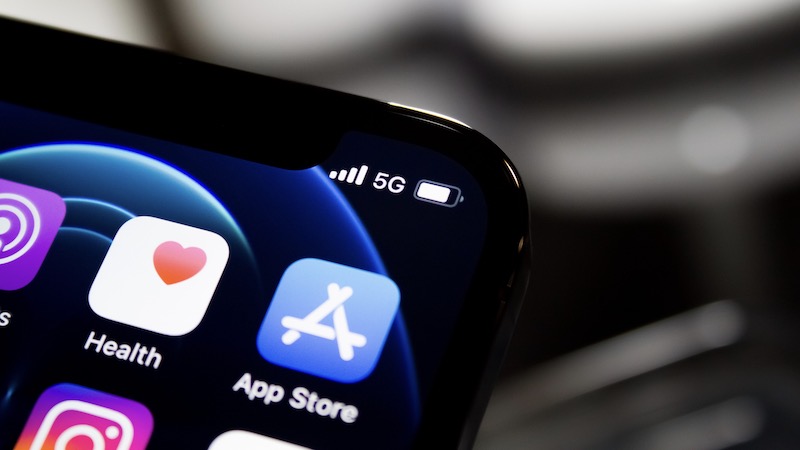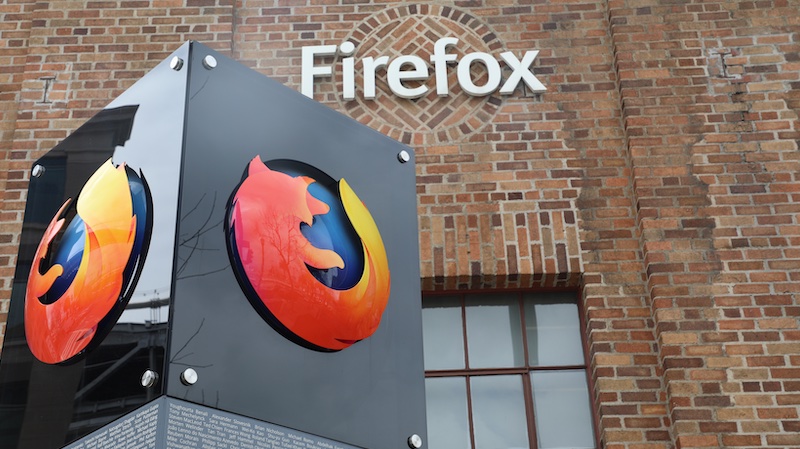Curevac from Tübingen and the German Tesla subsidiary Grohmann have developed a mobile pharmaceutical laboratory. This could theoretically also be used to “print” the Covid 19 vaccine.
Curevac founder Ingmar Hoerr calls the technology, which the Tübingen-based pharmaceutical company Curevac is developing together with Tesla subsidiary Grohmann from Rhineland-Palatinate, “a revolution“. Indeed, the planned mRNA printer sounds a bit like science fiction.
Curevac’s mobile laboratory
In principle, it is a mini-lab – about the size of a car. This lab could then theoretically be transported to any location and set up there with relative ease. But the trick is that this mobile lab could print mRNA on the spot.
Briefly explained: mRNA
mRNA stands for messenger RNA. This contains information for proteins, which in turn control many processes in our cells. The Covid 19 vaccines from Pfizer and Biontech, as well as the vaccine being developed by Curevac, are based on mRNA.
The mRNA in the coronavirus vaccines stimulate cells to produce a viral protein: the S protein. The vaccine now ensures that our body is stimulated via mRNA to produce this protein itself. This can trigger an immune reaction against the virus, which is actually unknown to our body.
In fact, mRNA is already in medical use beyond coronaviruses – for example, in cancer research.
With the mobile pharmaceutical laboratory, it should be possible to produce required drugs – or even vaccines – on site using an mRNA printer.
The mRNA pill for download
In practice, the mini-lab is already designed as a deep-frozen clean room. This guarantees that the drugs will not be contaminated or disintegrate.
A cloud could then be used to download the mRNA data needed for the particular drug. Regional messengers would then bring the needed ingredients. These chemicals, like ink, then go into the printer.
In the end, that’s how you get an mRNA pill.
Adapting medicine to patients
Such a technology would indeed be a revolution for medicine.
For the most part, the costly logistics of transporting medications could be eliminated. People would also not have to go to far-away hospitals or vaccination centers, but could receive vaccinations and medications directly in doctors’ offices or pharmacies.
In addition, the medications could be tailored much more precisely to the individual person. This would be a great advantage for certain target groups, such as babies or patients with certain side-effect risks, for whom the “standardized” medications are not an option.
However, it must also be said: the technology may come too late for the current Covid 19 vaccines.
Curevac has only a prototype so far
So far, only a prototype is available at Curevac in Tübingen. Even if the first RNA strands are supposed to come out of the device as early as summer 2021, the technology is still years away from the mass market, Hoerr says.
But for Curevac and Grohmann, which have been working on the technology since 2015, this is actually good news. That’s because when Tesla acquired Grohmann in 2017, the project was on the back burner. The fear: Tesla takes over companies strictly for its own purposes.
Elon Musk supports mRNA printer
But apparently Hoerr was able to convince Tesla CEO Elon Musk of the idea in a personal conversation. Musk let the project go ahead and even praised it on Twitter. With Musk, who likes to make his recommendations on Twitter, this is something like praise with a gold star.
But even if the mobile lab isn’t ready in time for coronavirus vaccinations, it would open up many new possibilities for “medicine as software” in the future.
